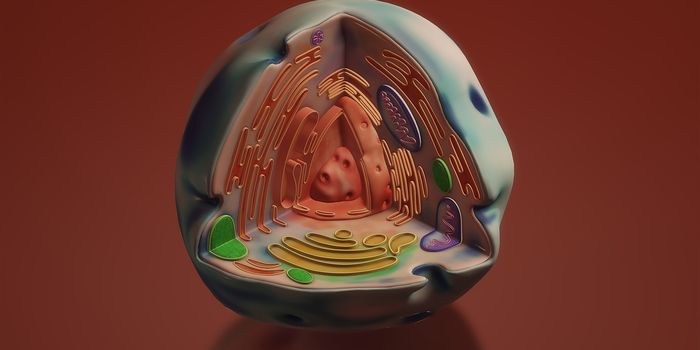Copper in the Mitochondria Controls Inflammation
Inflammation occurs as a natural response to an insult, such as an injury or a bacterial infection. When your body initiates an inflammatory response, chemical messengers, known as cytokines, that turn on the immune response. Once inflammation activates the immune response, it recruits specialized cells and other immune mediators to respond to the insult. Effective immune responses mediated by inflammation could include healing the tissues damaged during an injury or fighting off an infection.
While inflammation is integral in regulating immunity when the body requires an effective immune response, chronic inflammation can occur when the inflammatory response carries on when not needed. Chronic inflammation can start when the natural inflammatory response does not subside after the triggering insult has resolved or when inflammation starts erroneously when no insult is present. Prolonged periods of inflammation can damage healthy tissues and organs, leading to diseases including heart disease, Alzheimer’s disease, and cancer.
Limited therapeutic approaches to control chronic inflammation exist. However, a study published in Nature has demonstrated a potential therapeutic intervention to reduce inflammatory effects.
The study focused on CD44, a cell surface protein involved in cell plasticity, a phenomenon allowing cells to change their phenotype in response to environmental exposures but in the absence of genetic alterations. The inflammatory process relies heavily on cell plasticity because immune cells undergo changes to induce an active immune response.
The researchers found that macrophages, a subset of immune cells prominent in the inflammatory response, accumulate copper. Copper, located in the mitochondria of macrophages, plays a role in inflammation, thus regulating immune response activation.
The researchers developed a drug called LCC-12 (renamed “supformin”) using a rational drug design approach based on the established diabetes medication metformin. Unlike metformin, LCC-12 specifically targets the mitochondria, where it binds copper, preventing the induction of an inflammatory response. The researchers used mouse models of infection to demonstrate the ability of LCC-12 to reduce inflammation and prolong survival.
The study highlights the critical role of copper in regulating cell plasticity, particularly morphological changes that control inflammation.
Sources: Nature, Front Cell Dev Biol, F1000Research, Eur J Pharm
-
MAY 07, 2024Is It Anti-RNP or Anti-Sm/RNP?
- See More
-
APR 30, 2024Immuno-Oncology Virtual Event Series 2024
-
MAY 07, 20243rd International Biosecurity Virtual Symposium
-
JUN 06, 2024The Future of Scientific Conferencing
- See More


















































